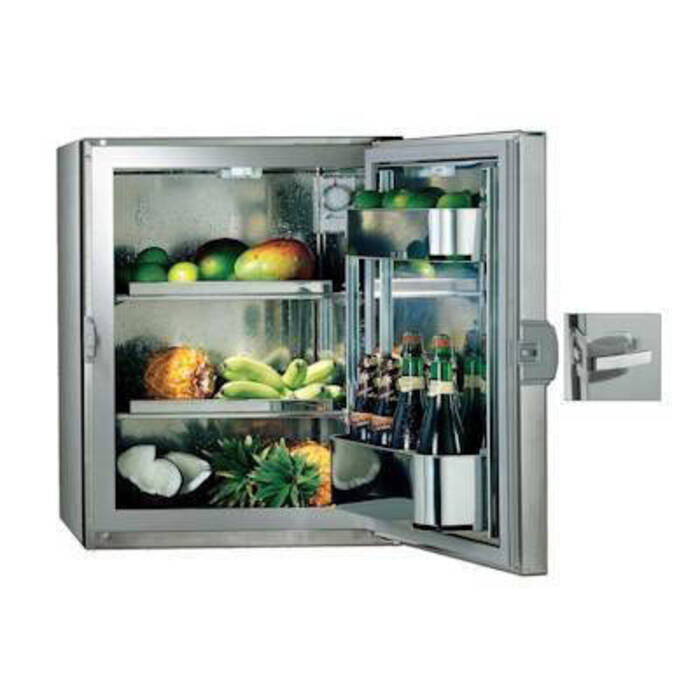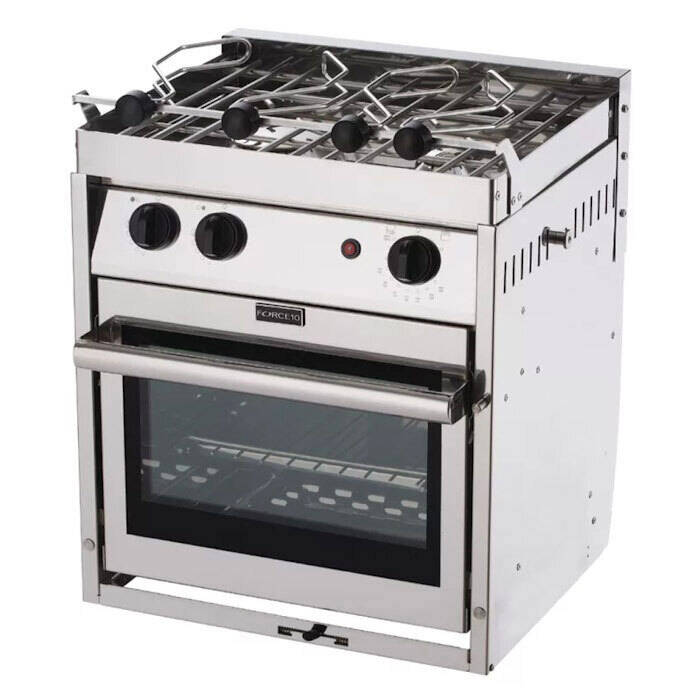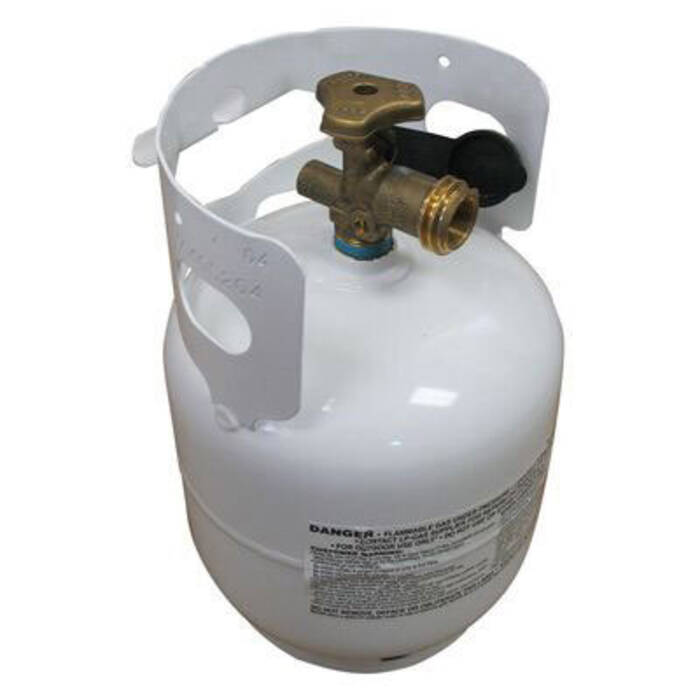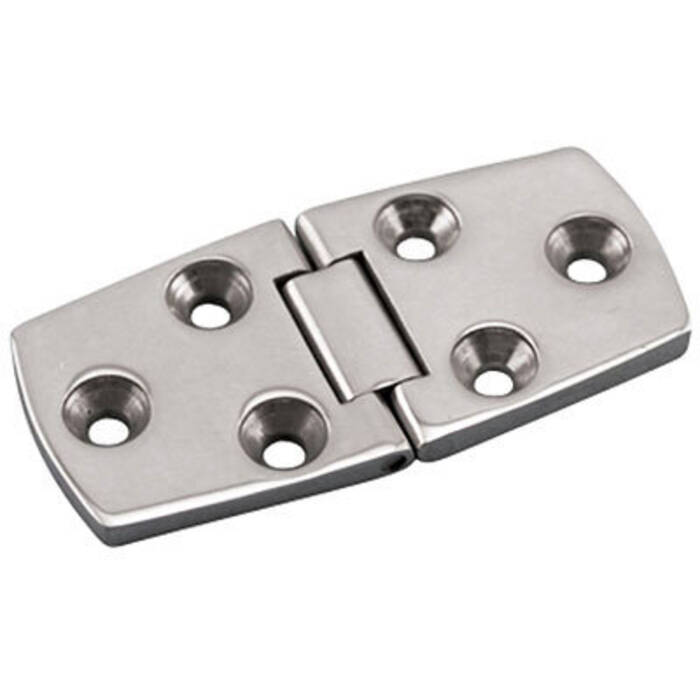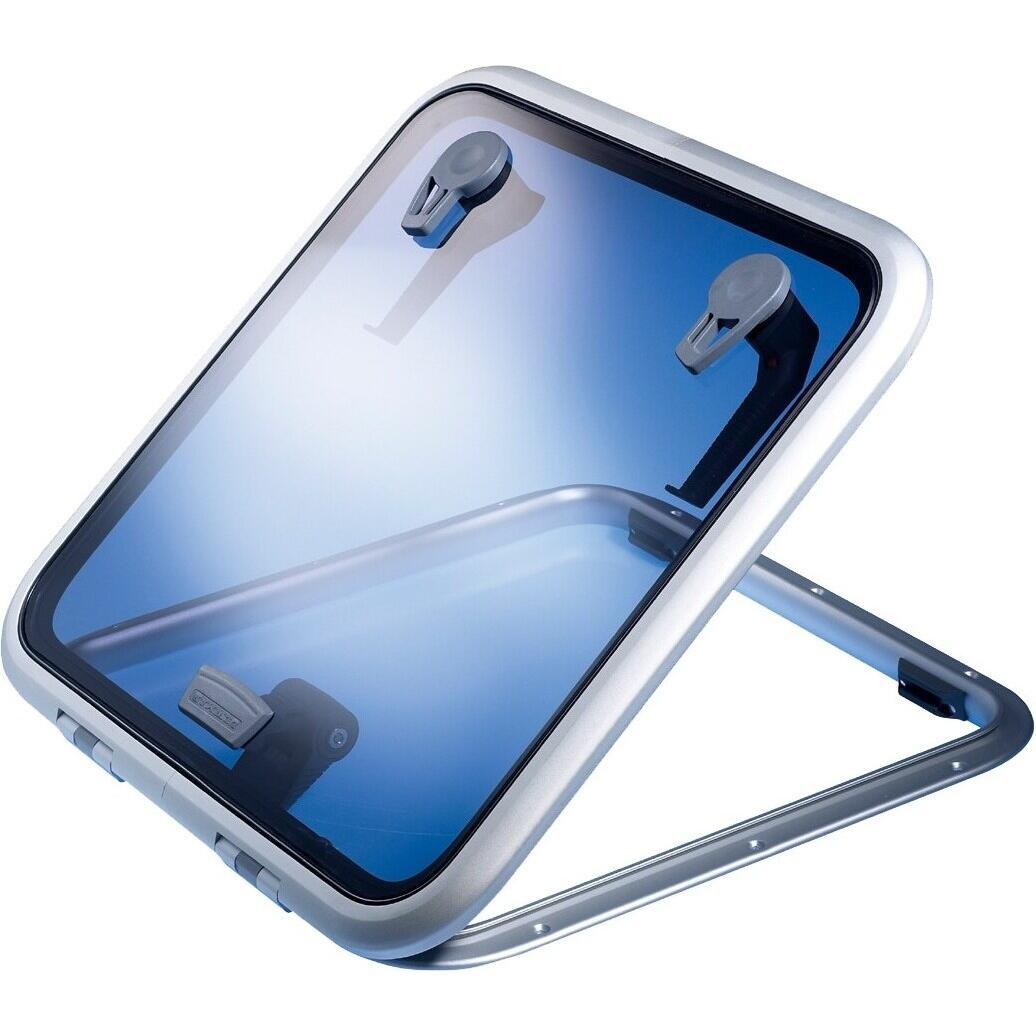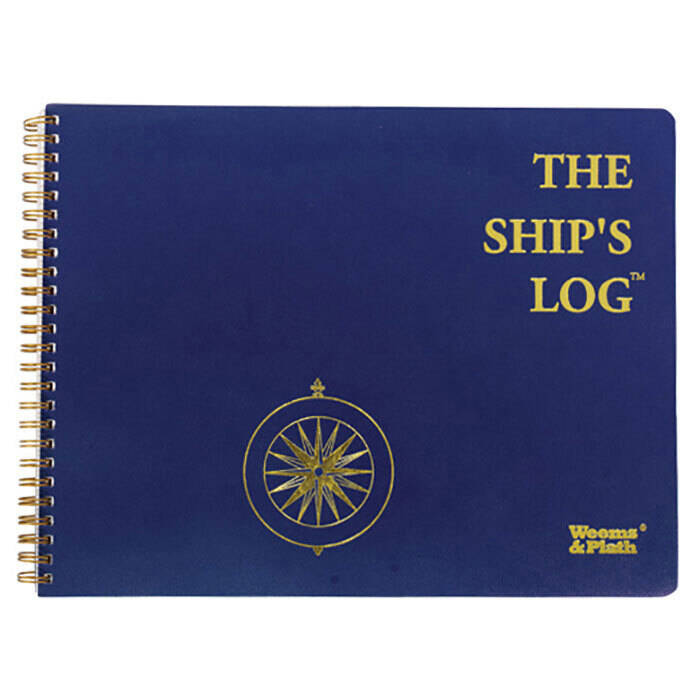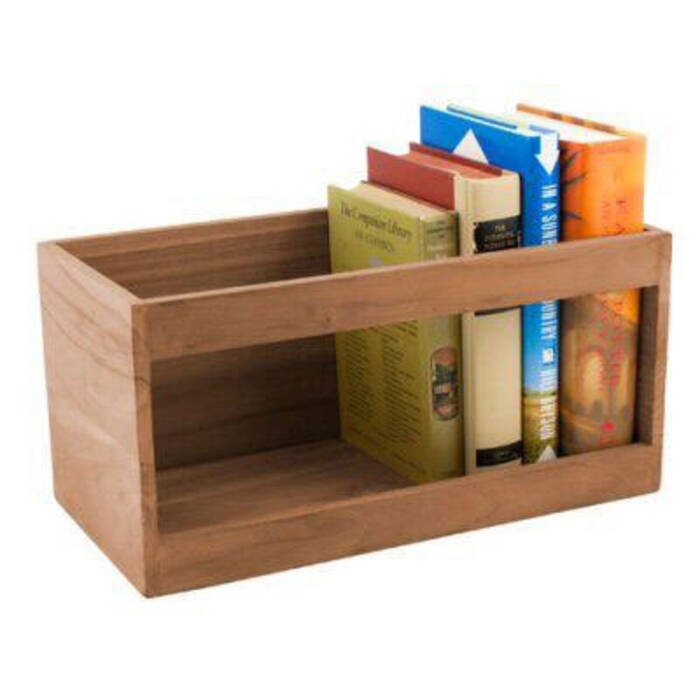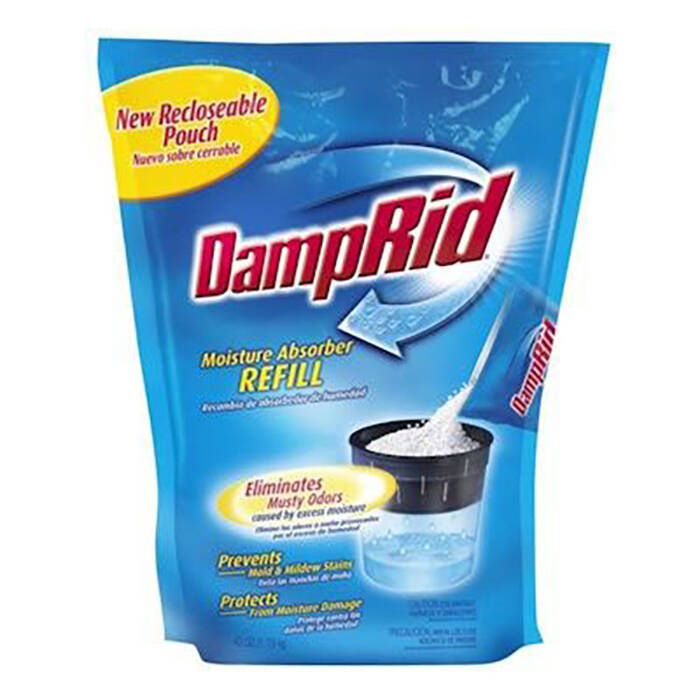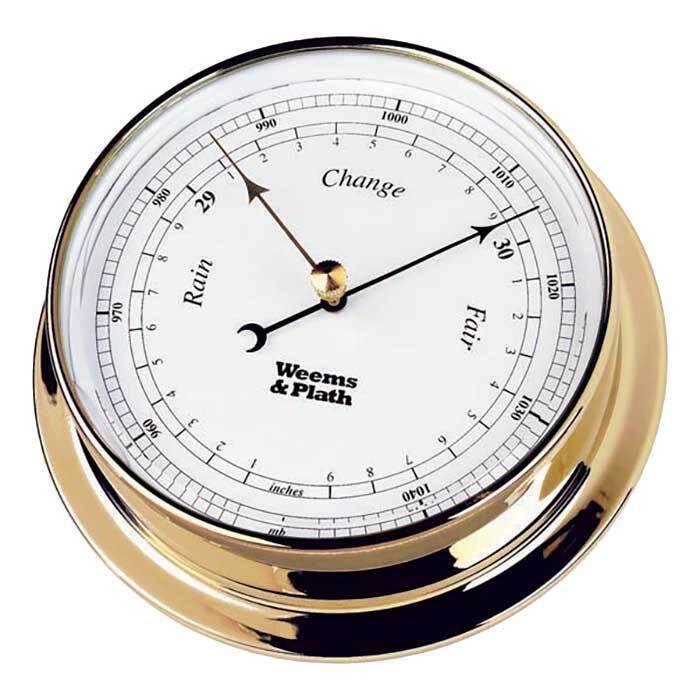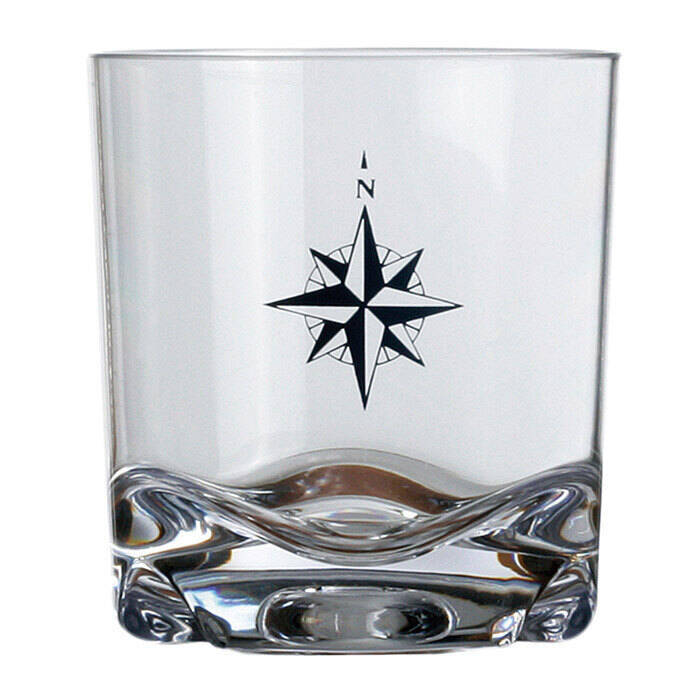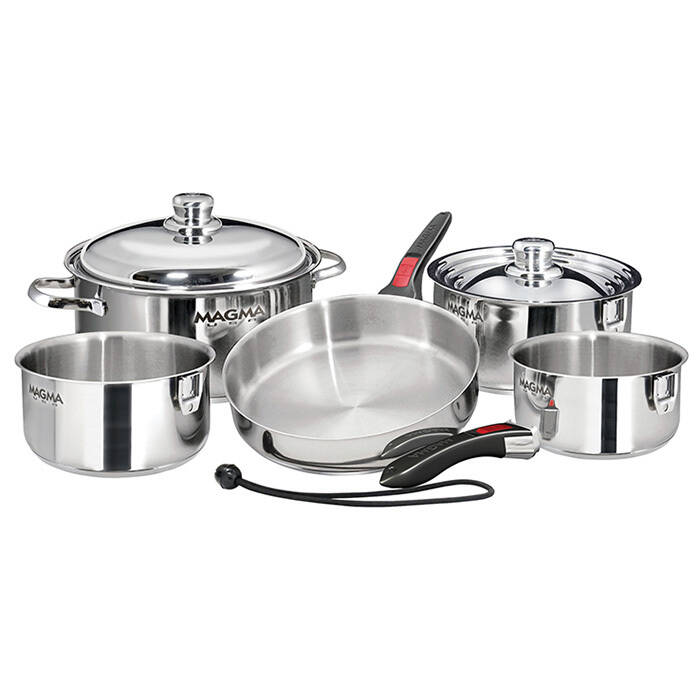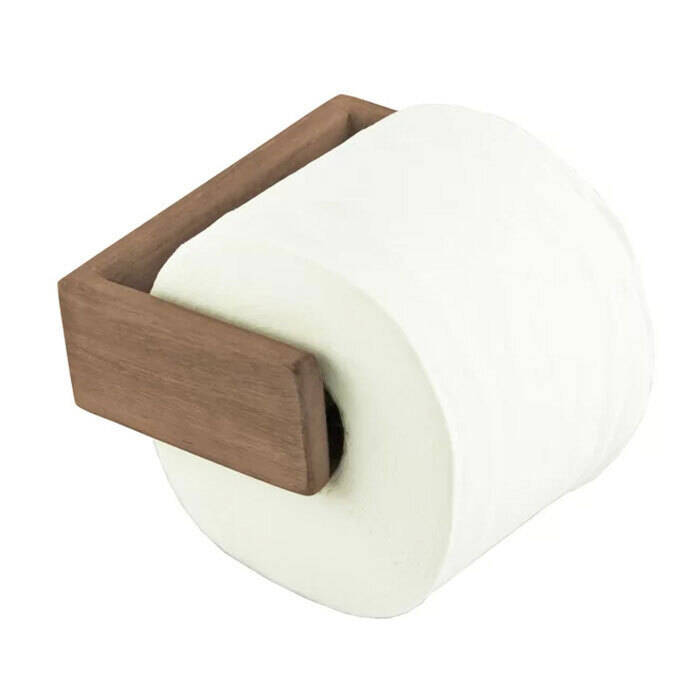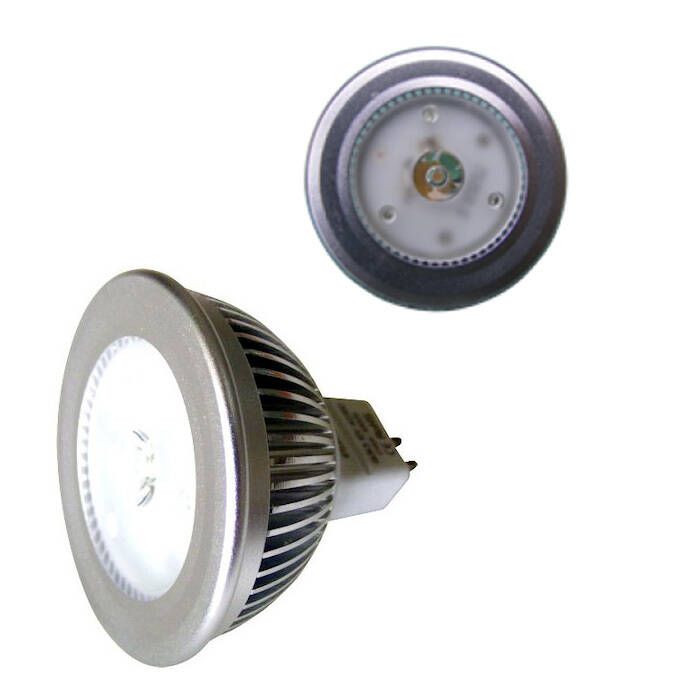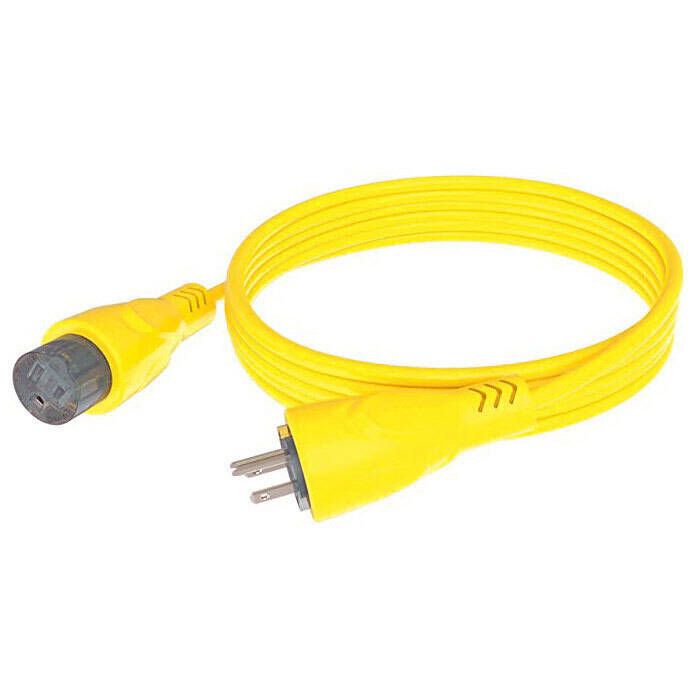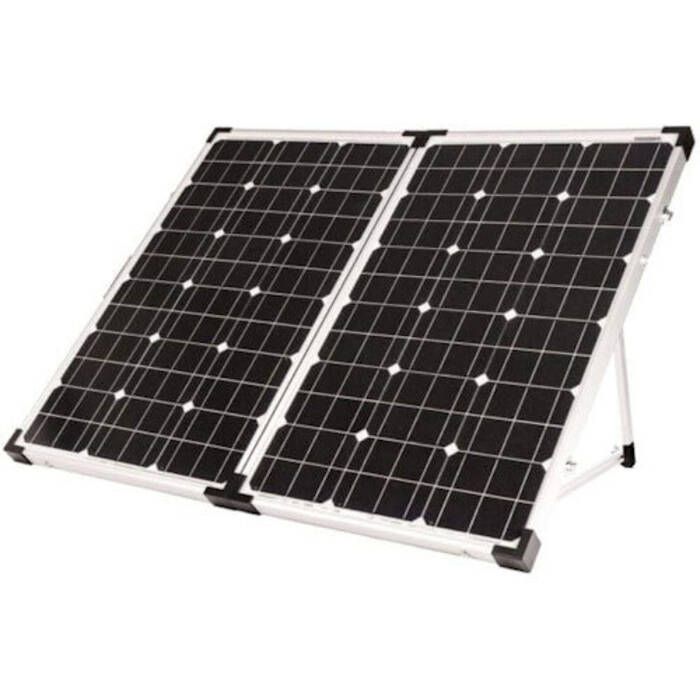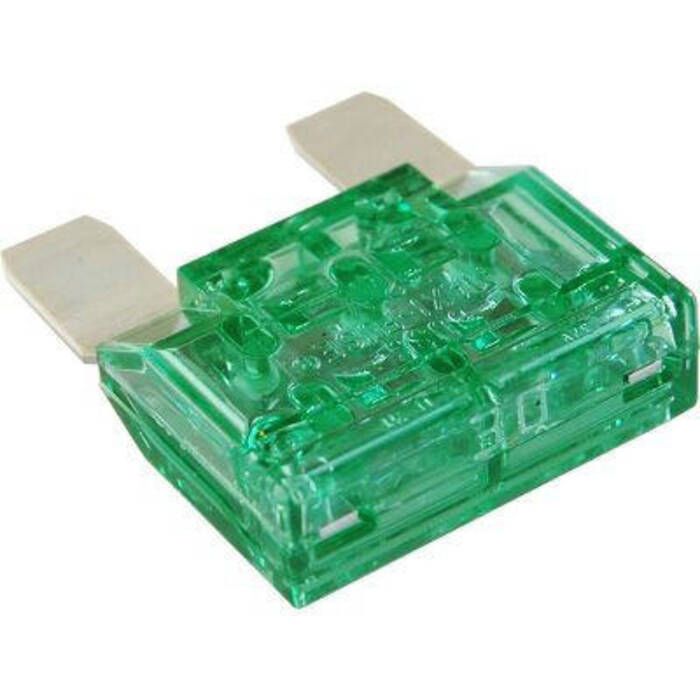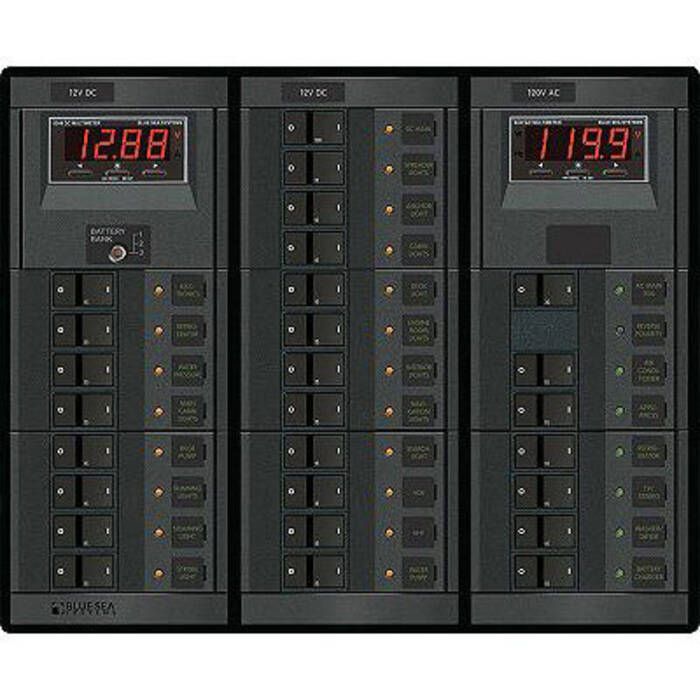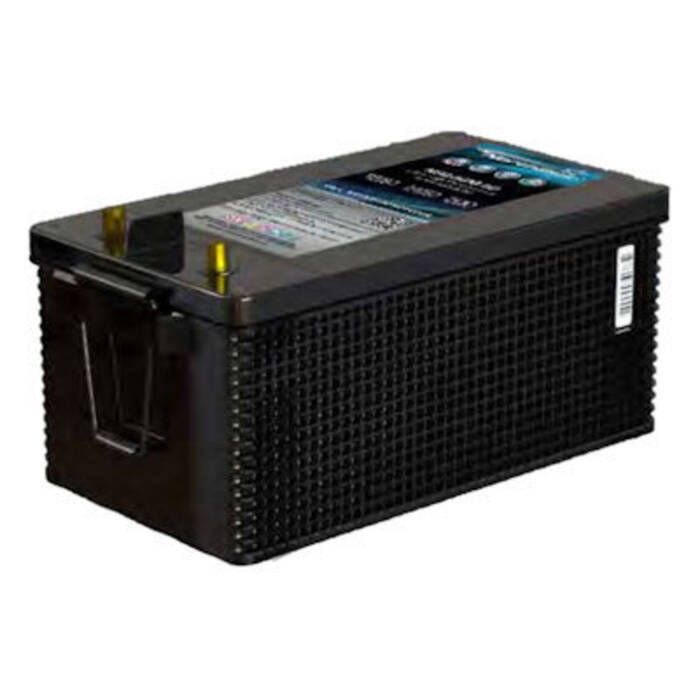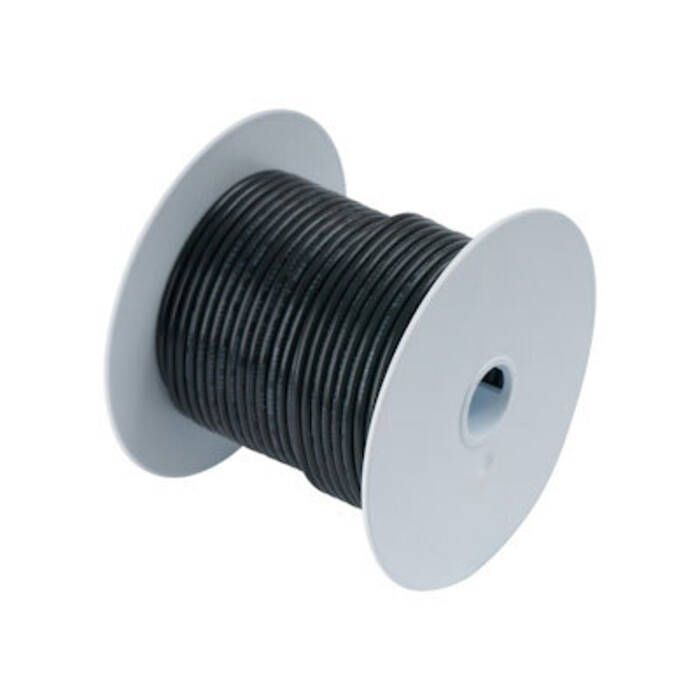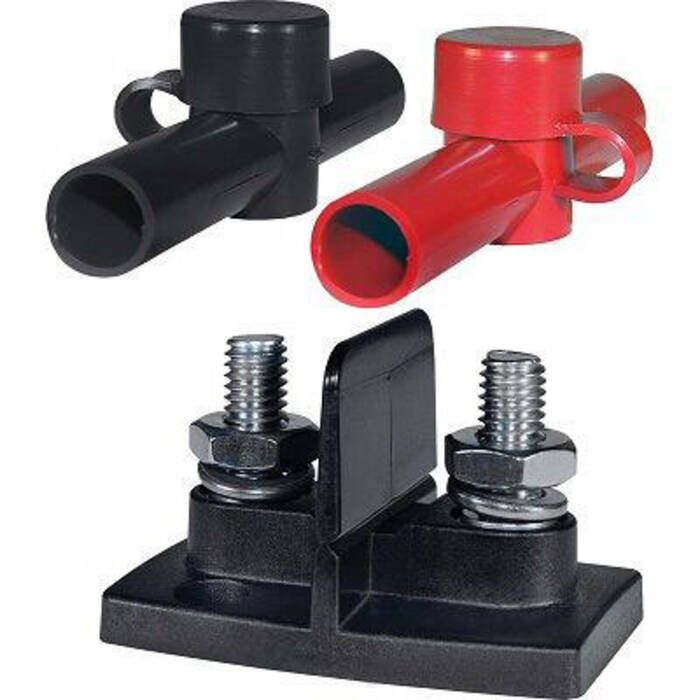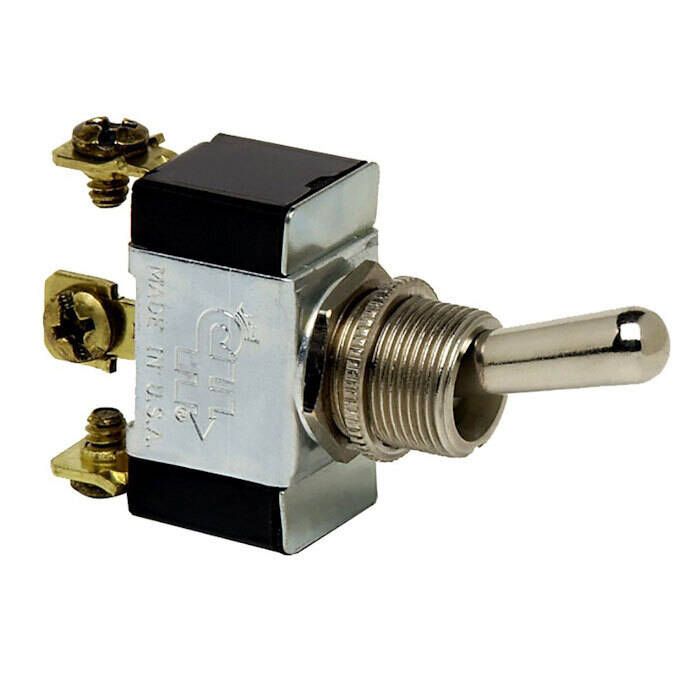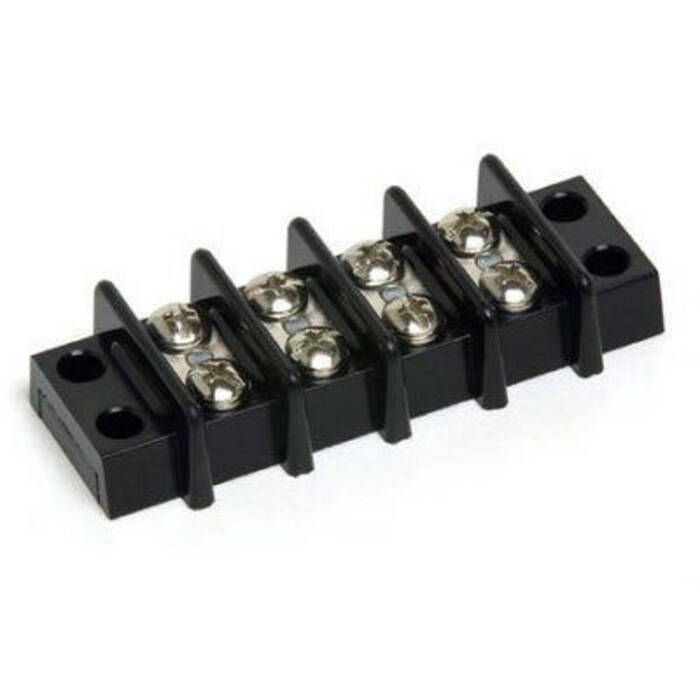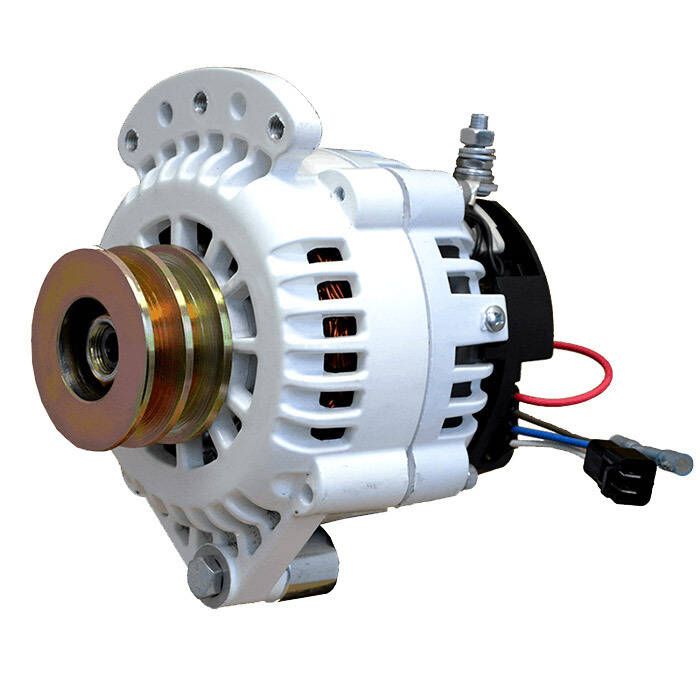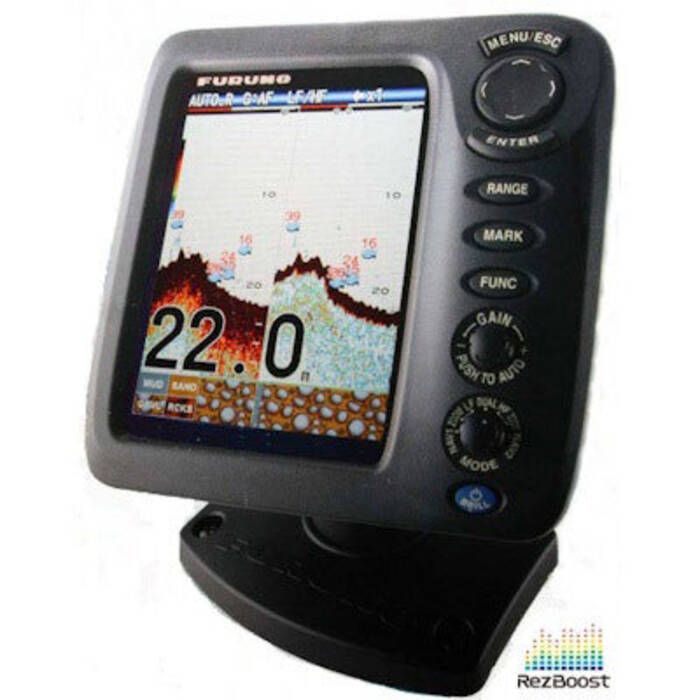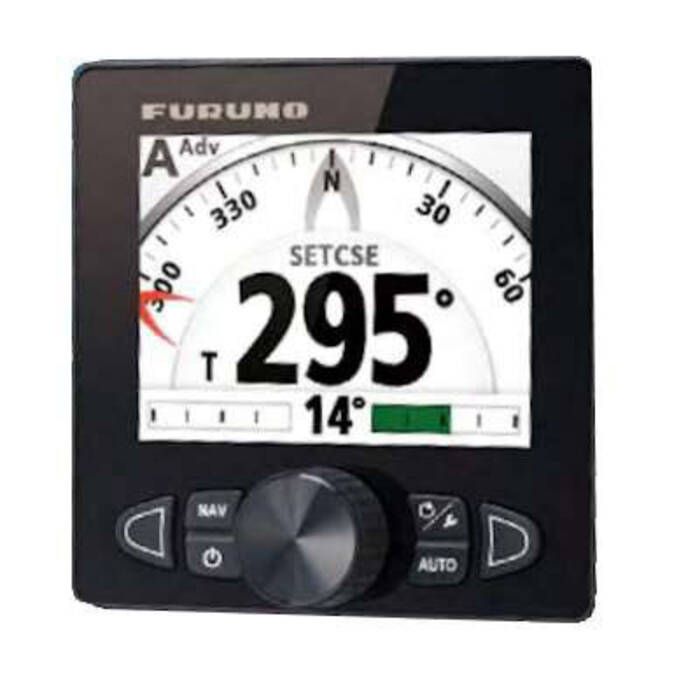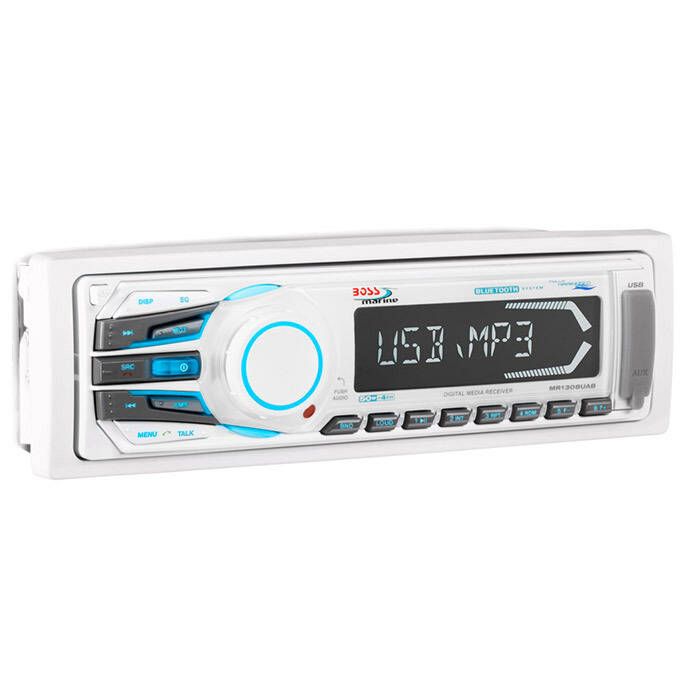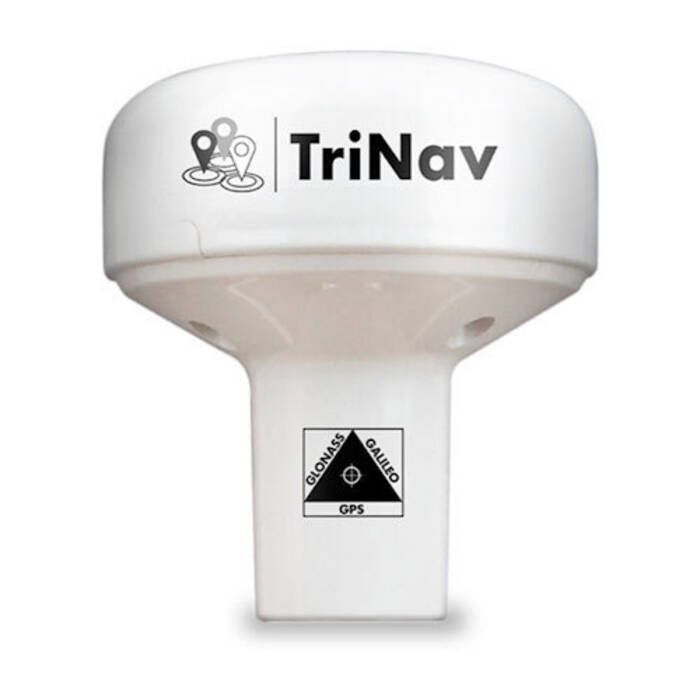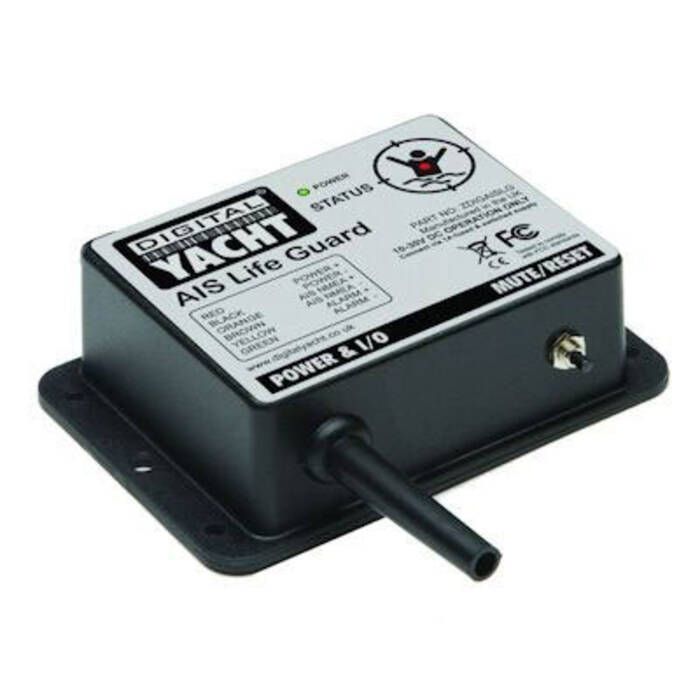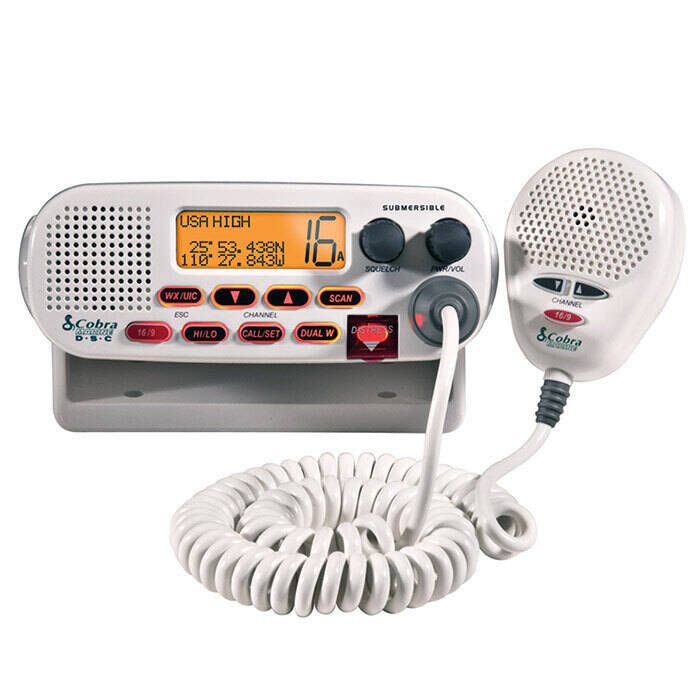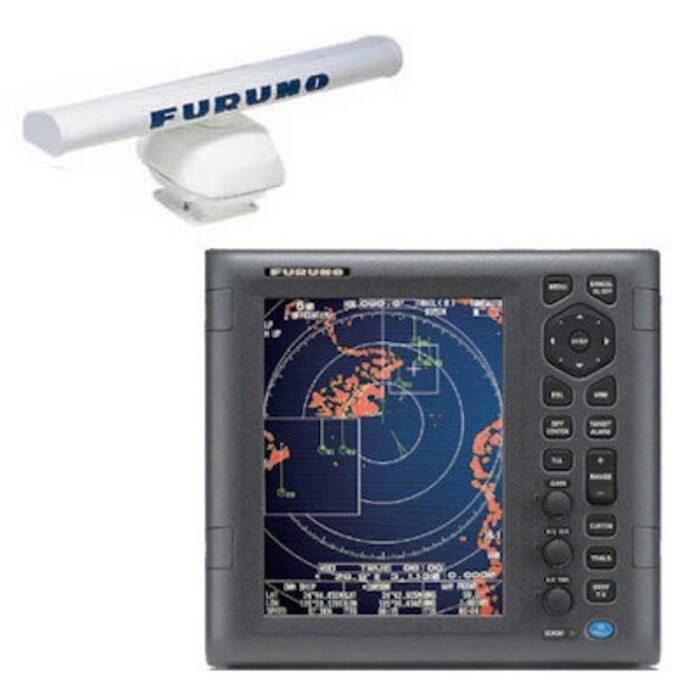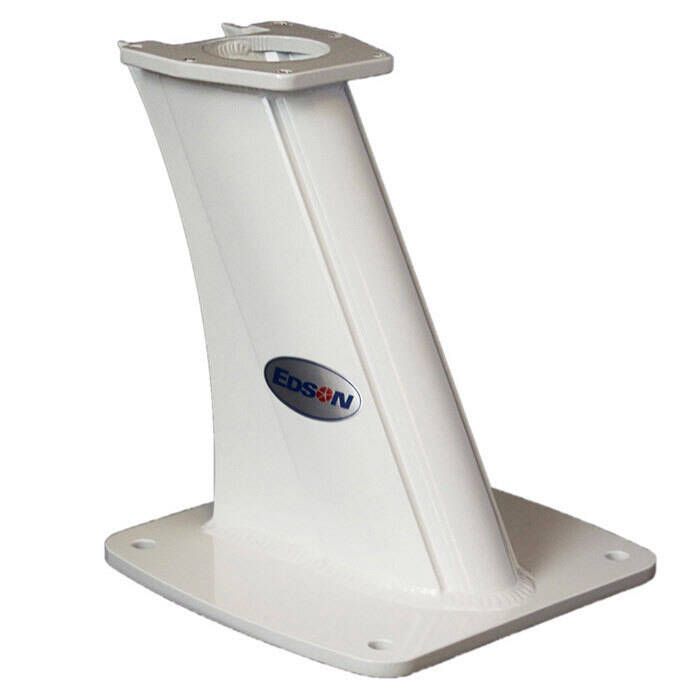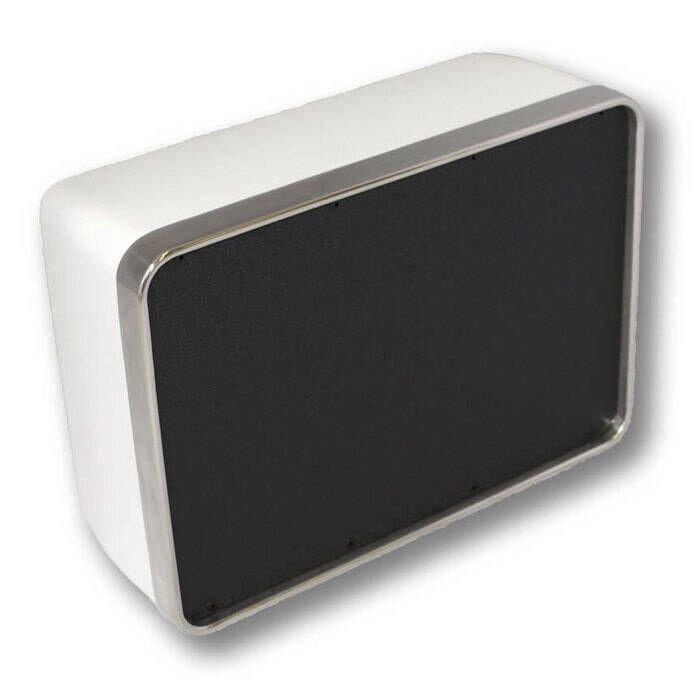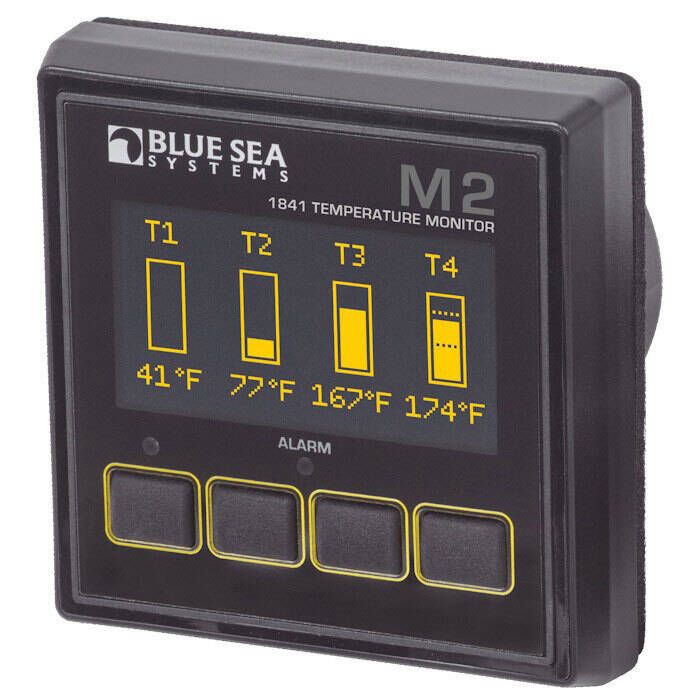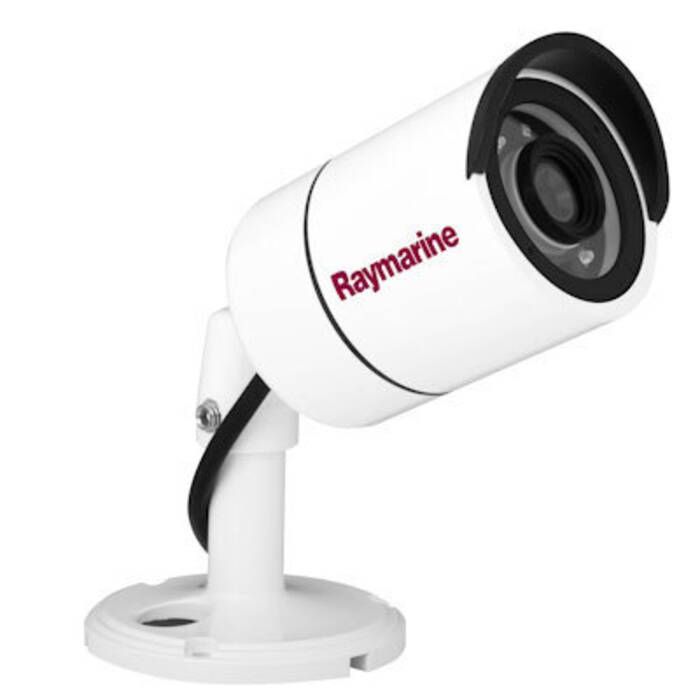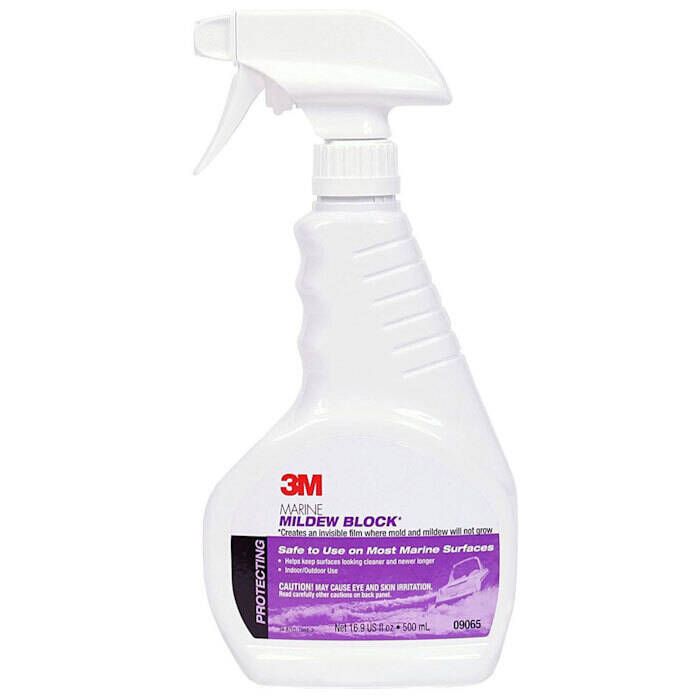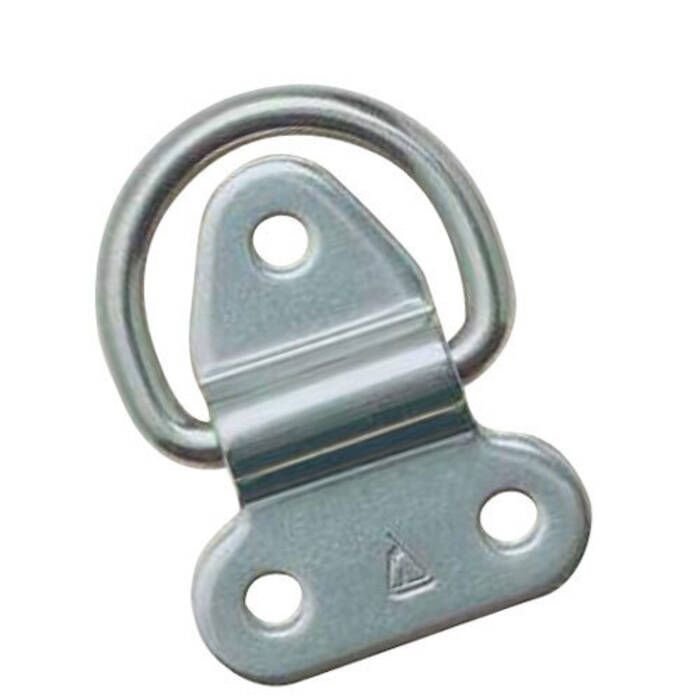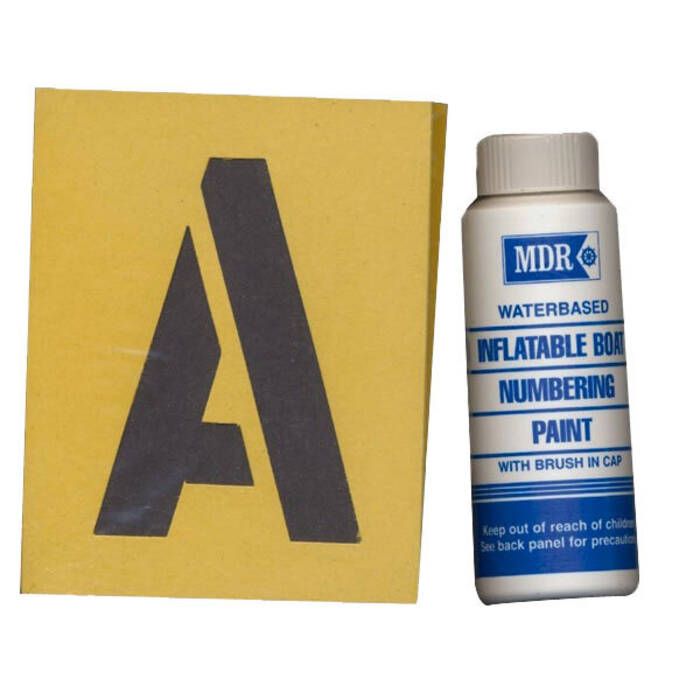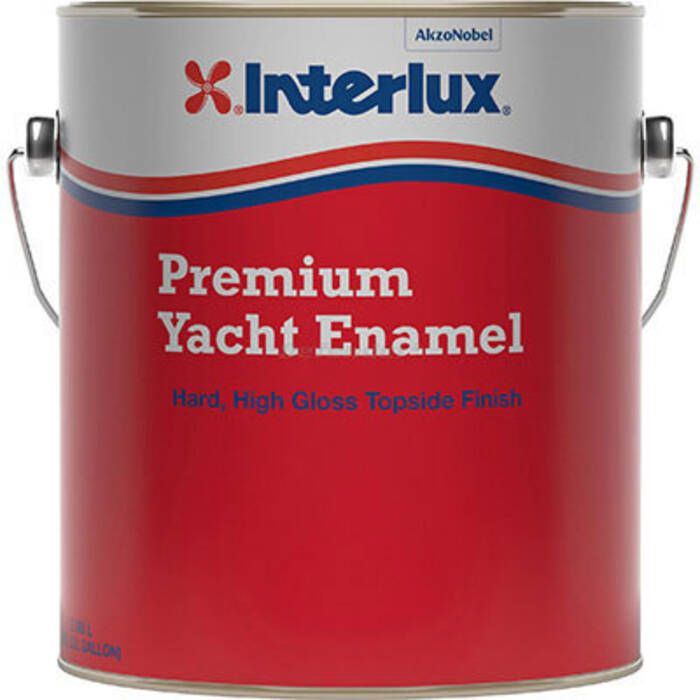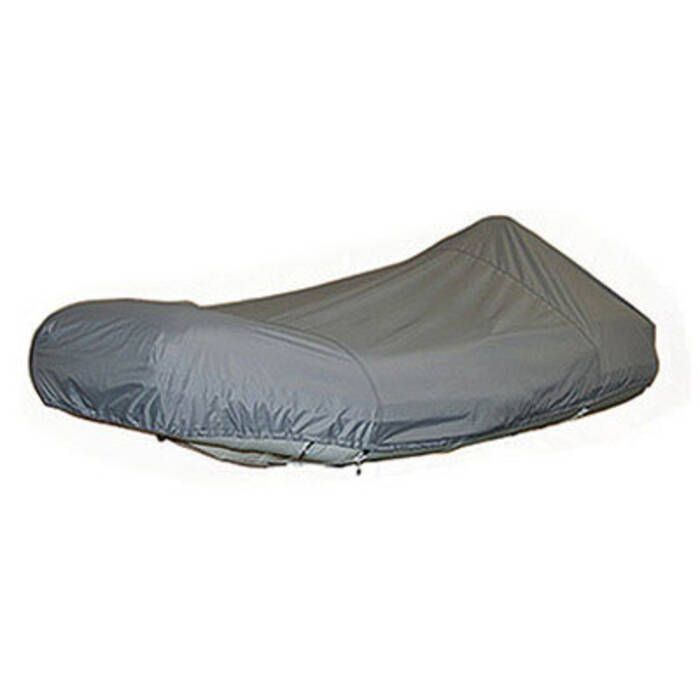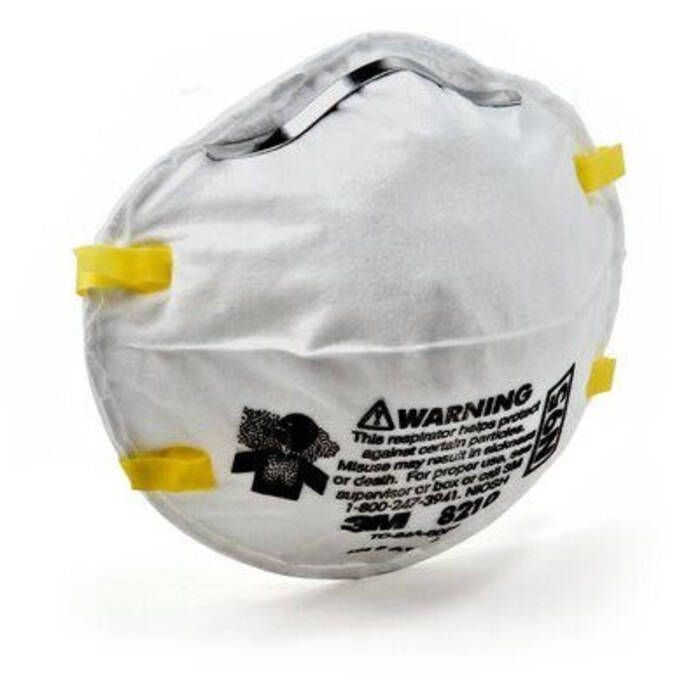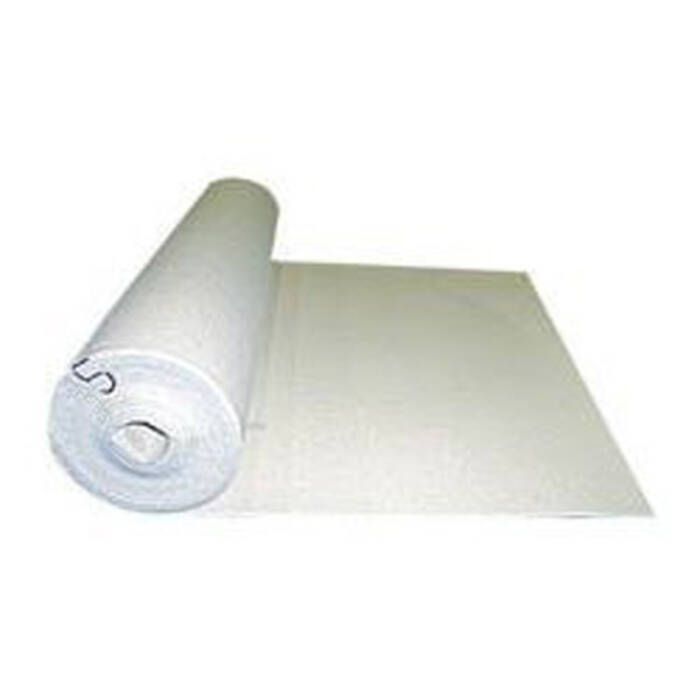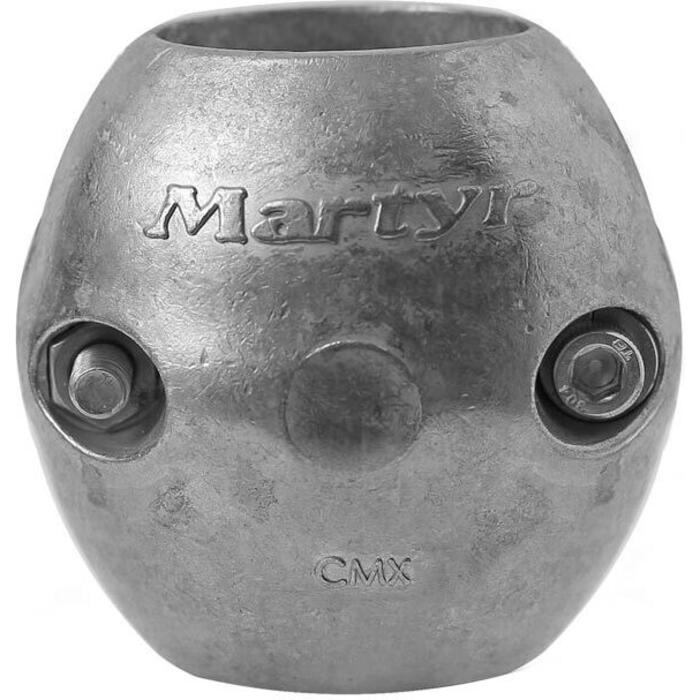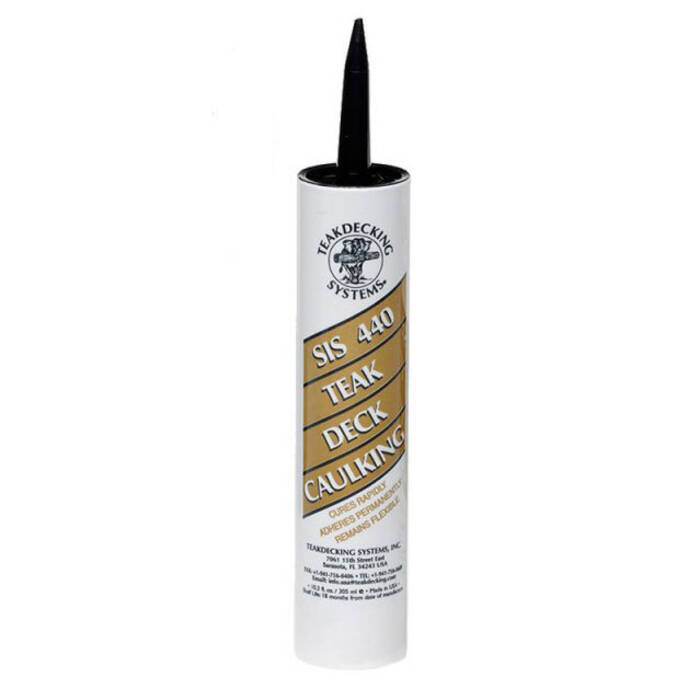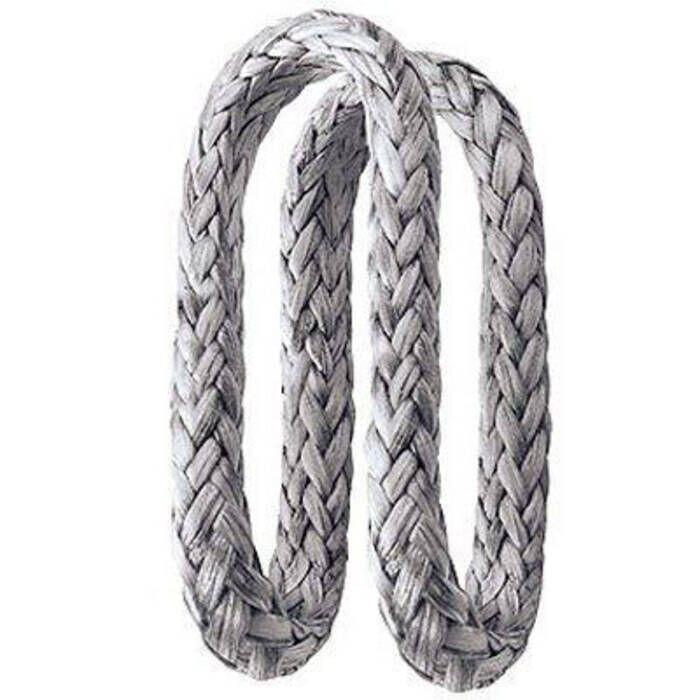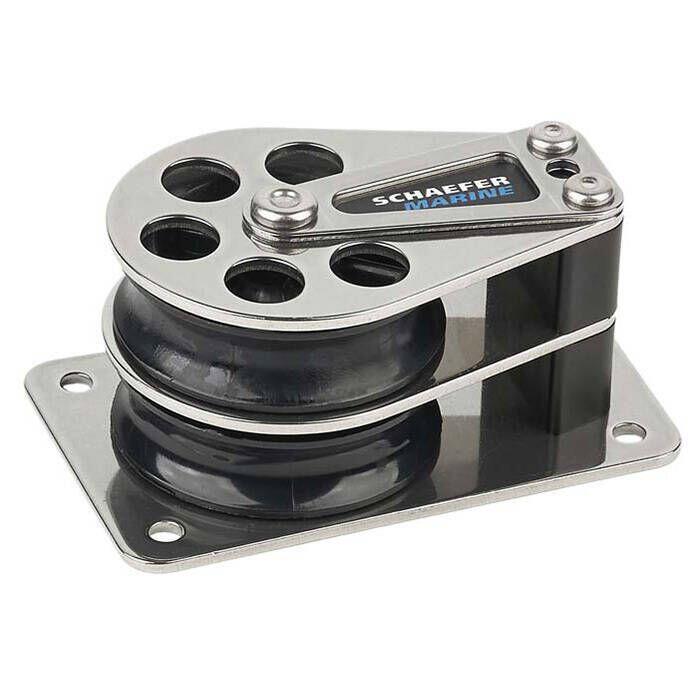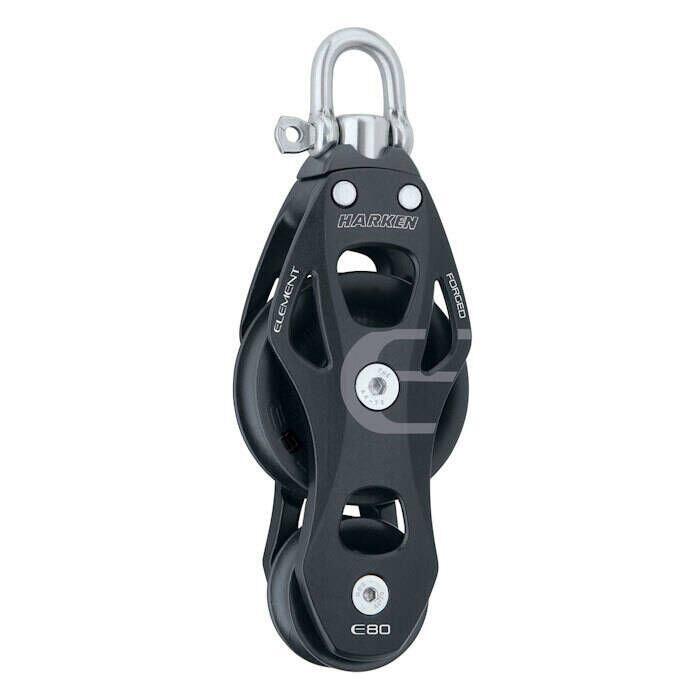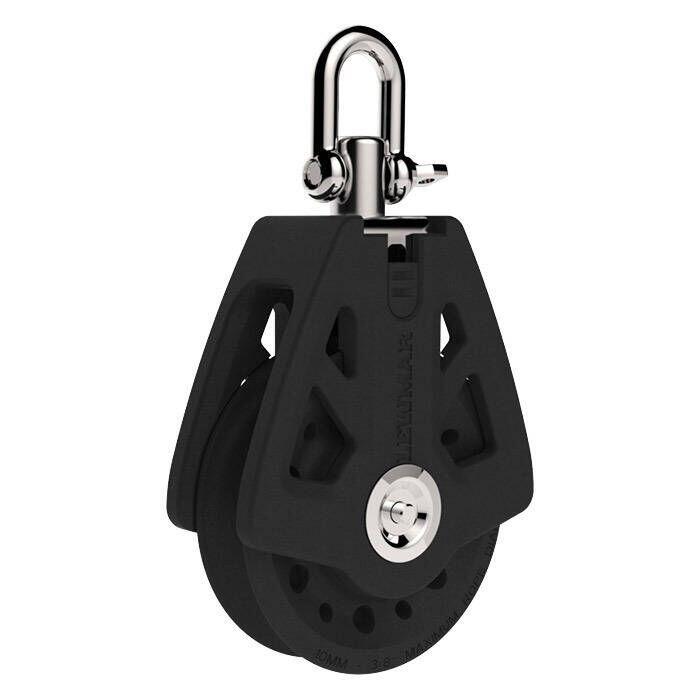Poulies
-

Harken - Ensemble de Blocs de Guidage pour Enrouleur Carbo - 7404
466,28 $ -

Harken - Poulie Élément en Aluminium - 80 mm (3 1/8") - 6290
146,26 $ -
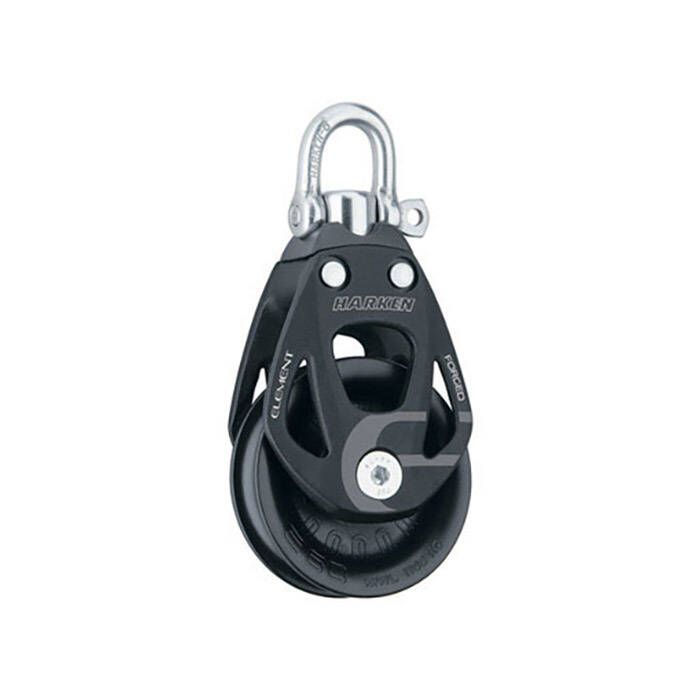
Harken - Poulie Élément en Aluminium - 60 mm (2 3/8") - 6260
89,90 $ -

Lewmar - Poulie Violon Synchro - 72 mm (2 13/16")
95,08 $ - 192,28 $ -
 9% off
9% offLewmar - Poulie Synchro - 90 mm (3 1/2")
162,58 $ - 186,88 $146,38 $ - 170,68 $ -

Harken - Bloc Carbo Air - 57 mm (2 1/4") - 2600
74,78 $ -

Harken - Bloc à Cliquet avec Émerillon Carbo Air - 57 mm (2 1/4") - 2135
115,28 $ -

Harken - Poulie Carbo à Montage sur Chandelier - 40 mm (1 9/16") - 7401
77,48 $ -
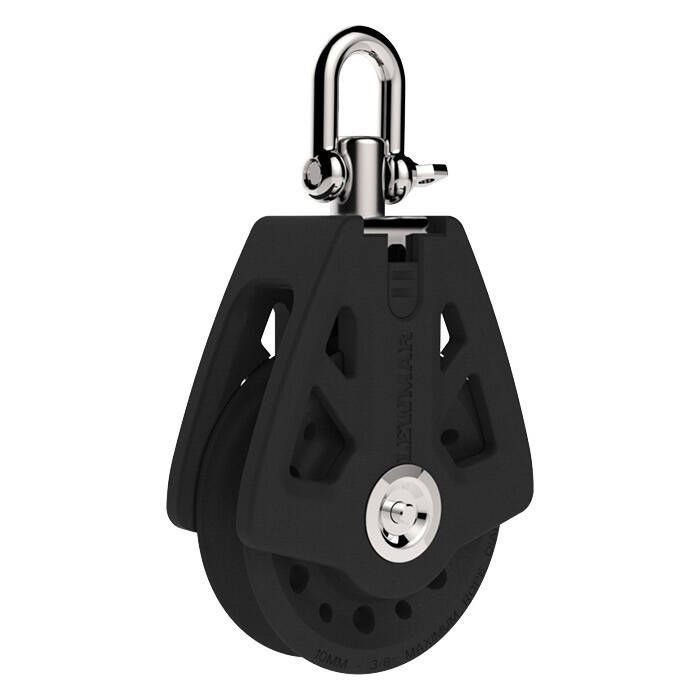
Lewmar - Poulie Synchro - 72 mm (2 13/16")
68,08 $ - 76,18 $ -
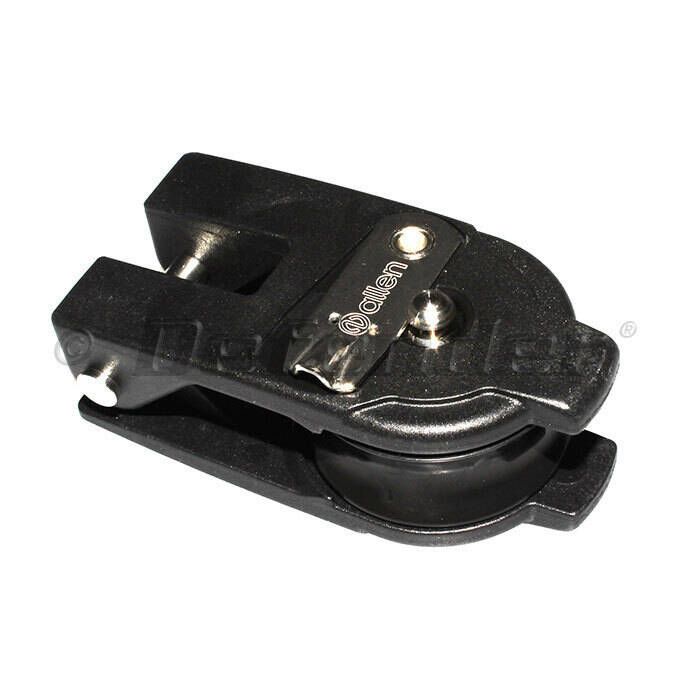
Lewmar - Poulie Violon de Contrôle Tweeker - 40 mm (1 9/16") - 29900340
74,83 $ -

Harken - Bloc Carbo Air - 40 mm (1 9/16") - 2636
51,83 $ -

Harken - Bloc à Cliquet Carbo - 57 mm (2 1/4") - 7402
143,63 $ -
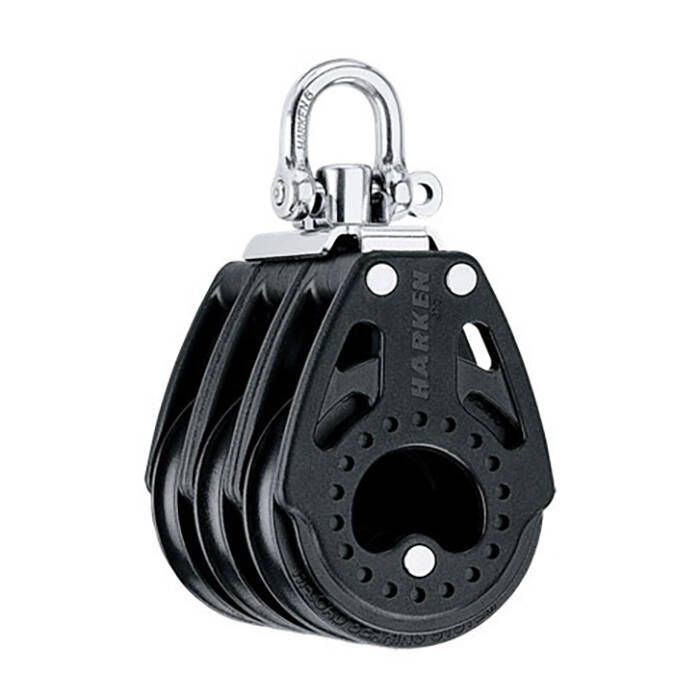
Harken - Bloc Triple Carbo Air - 57 mm (2 1/4") - 2604
227,33 $ -

Lewmar - Poulie HTX - 60 mm (2 3/8")
95,08 $ - 224,68 $ -

Harken - Bloc Carbo Air - 57 mm (2 1/4") - 2602
158,48 $ -
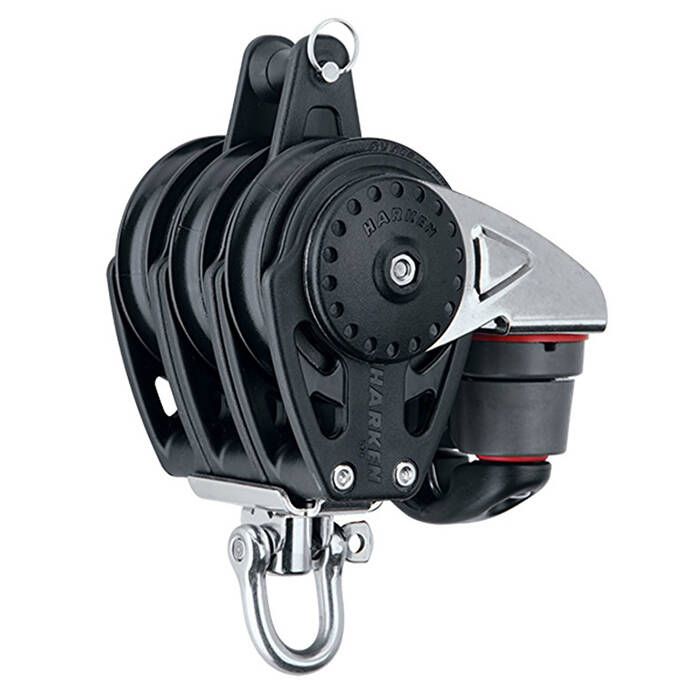
Harken - Bloc Triple Carbo Air - 57 mm (2 1/4") - 2618
348,83 $ -

Harken - Bloc Carbo Air - 75 mm (2 15/16") - 2660
131,48 $ -

Harken - Bloc Simple à Cliquet avec Émerillon Carbo Air - 75 mm (2 15/16") - 2670
139,58 $ -

Harken - Poulie Simple avec Fixation Souple T2 - 57 mm (2 1/4") - 2152
72,08 $ -

Harken - Poulie Violon Carbo Air - 57 mm (2 1/4") - 2621
89,63 $ -
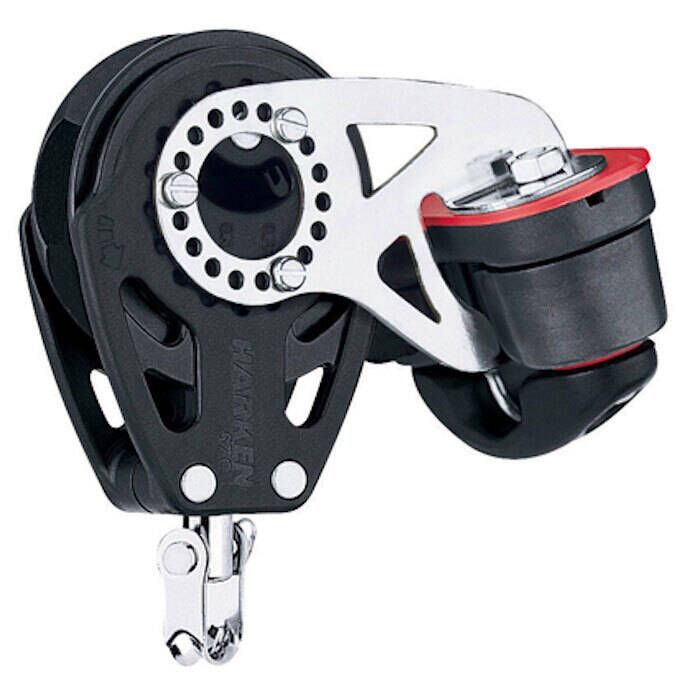
Harken - Bloc à Cliquet Carbo Air - 57 mm (2 1/4") - 2138
259,73 $ -

Harken - Bloc Carbo Air - 57 mm (2 1/4") - 2615
211,13 $ -

Harken - Poulie Violon Carbo Air - 57 mm (2 1/4") - 2624
238,13 $ -

Harken - Poulie de Pied Forte Charge Black Magic - 57 mm (2 1/4") - 3220
312,38 $ -
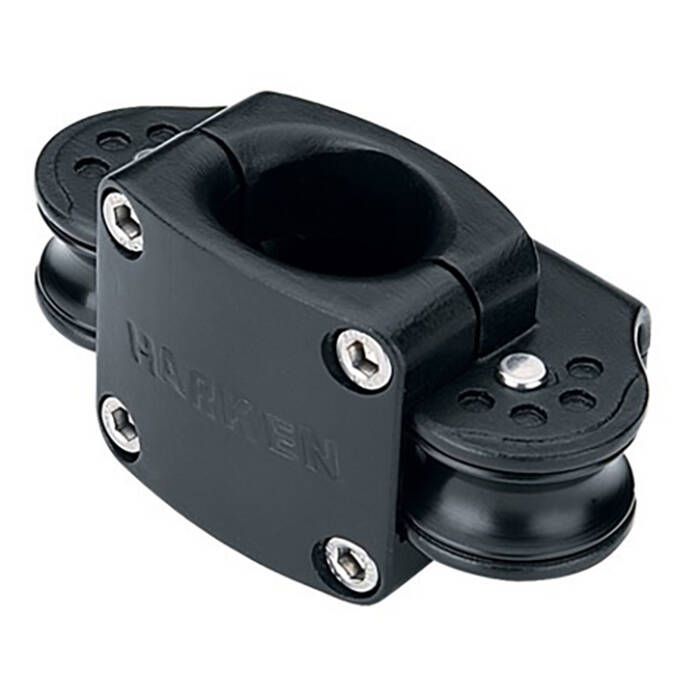
Harken - Assemblage de Bloc de Guidage Extérieur Carbo - 29 mm (1 1/8") - 7403
73,43 $ -
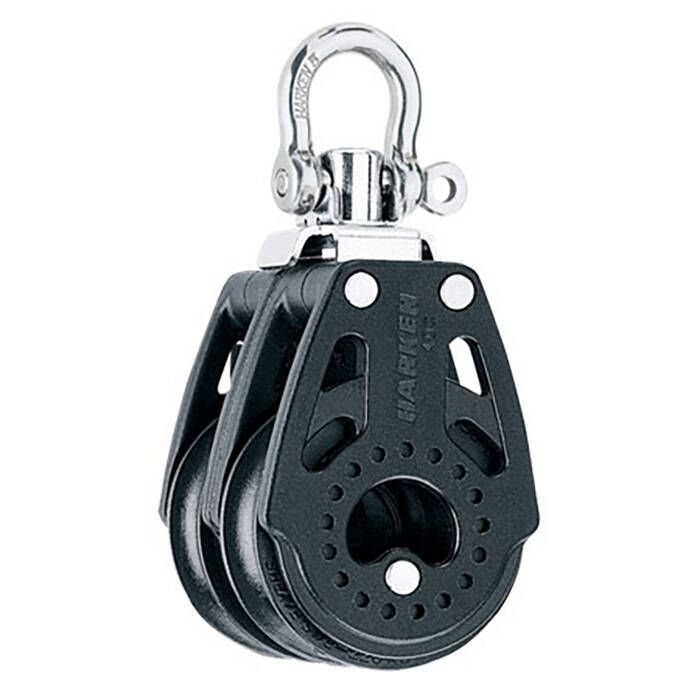
Harken - Bloc Double Carbo Air avec Émerillon - 40 mm (1 9/16") - 2638
115,28 $ -

Harken - Poulie Violon Carbo Air - 40 mm (1 9/16") - 2655
70,73 $ -
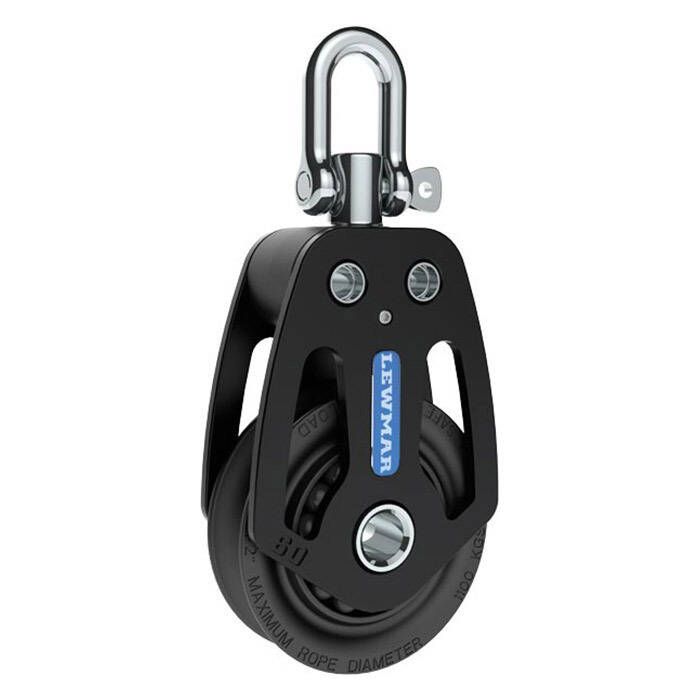
Lewmar - Poulie HTX - 72 mm (2 7/8")
163,93 $ - 289,48 $ -
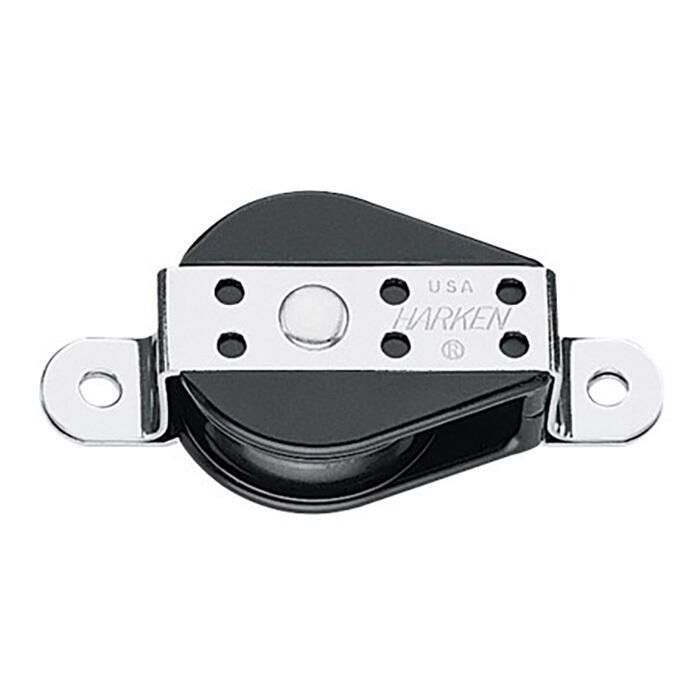
Harken - Grande Poulie Latérale Bullet - 38 mm (1 1/2") - 132
43,78 $ -
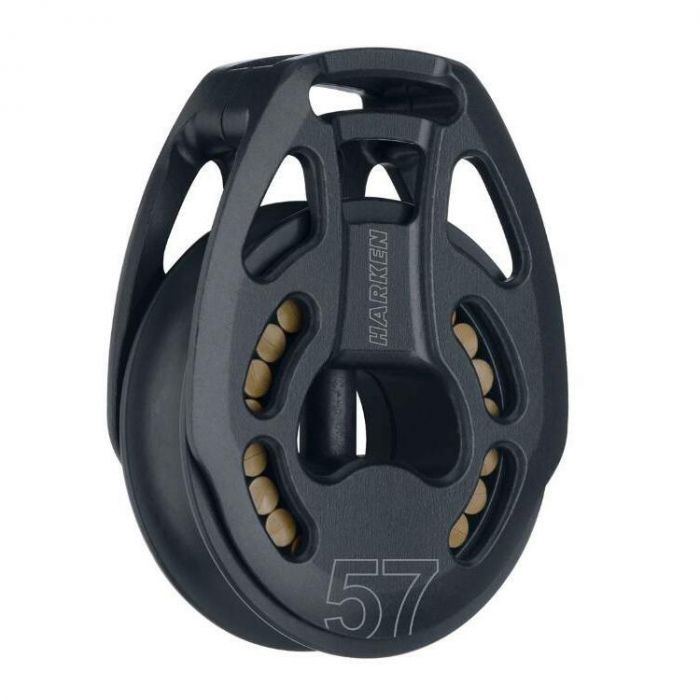
Harken - Poulie à Boucle en Aluminium - 57 mm (2 1/4") - 3214
351,53 $ -

Harken - Poulie Élément en Aluminium - 60 mm (2 3/8") - 6266
175,83 $ -

Harken - Poulie Élément en Aluminium avec Émerillon - 45 mm (1 3/4") - 6236
139,85 $ -
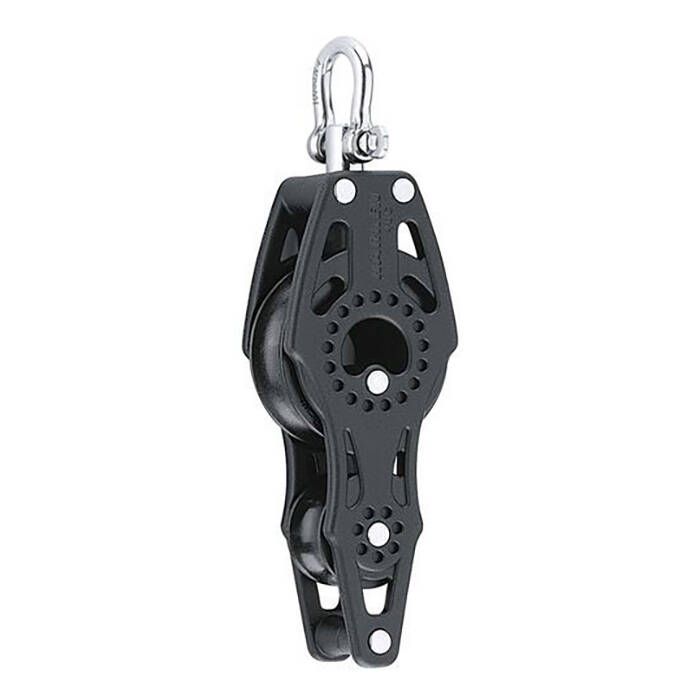
Harken - Poulie Violon Carbo Air - 57 mm (2 1/4") - 2622
99,08 $ -
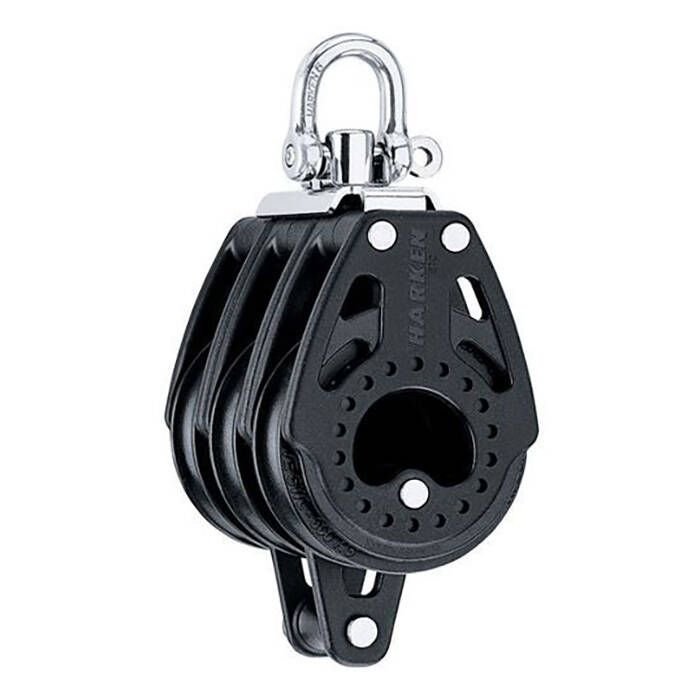
Harken - Bloc Triple Carbo Air - 57 mm (2 1/4") - 2605
235,43 $ -
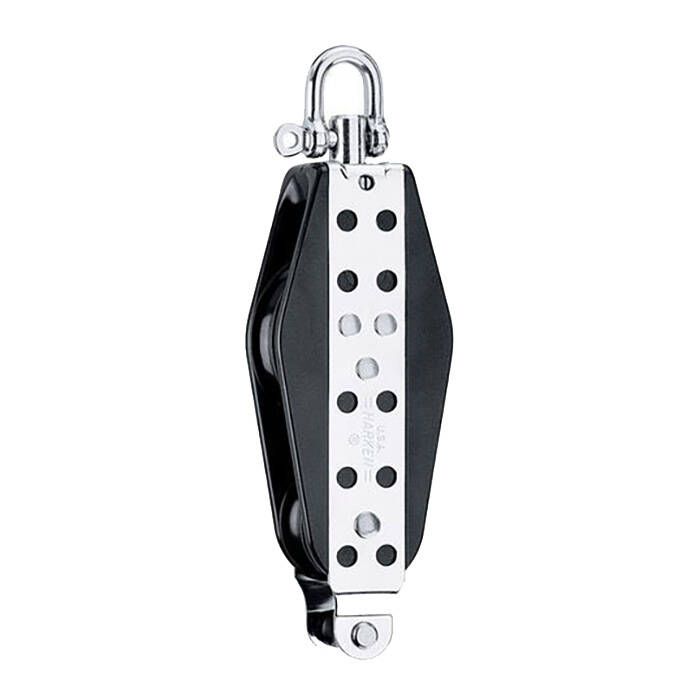
Harken - Poulie à Violon Midrange - 76 mm (3") - 1560
279,98 $ -
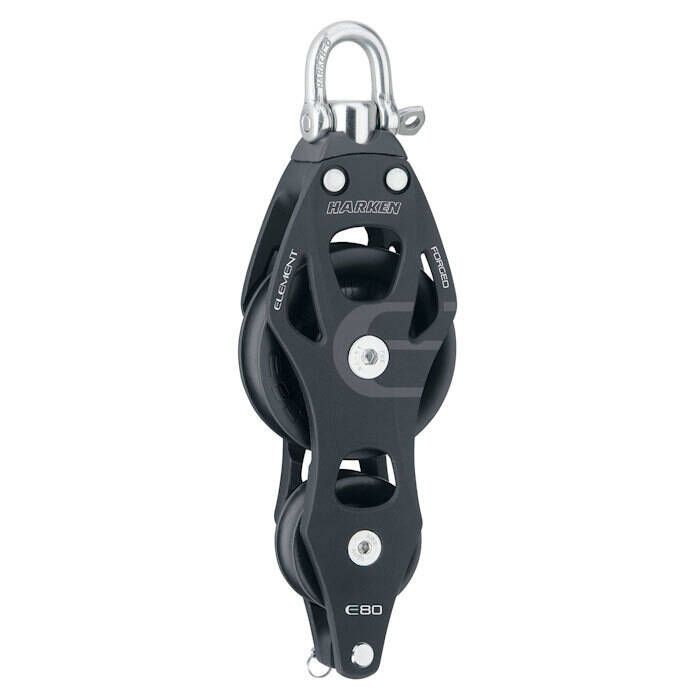
Harken - Poulie Violon en Aluminium Element avec Émerillon et Filoir - 80 mm (3 1/8") - 6293
248,86 $ -

Harken - Poulie Élément en Aluminium - 60 mm (2 3/8") - 6277
292,00 $ -

Harken - Poulie Simple Over The Top - 57 mm (2 1/4") - 3002
320,48 $ -

Lewmar - Poulie Synchro - 50 mm (2")
31,63 $ - 109,93 $ -

Lewmar - Poulie Violon Synchro - 90 mm (3 1/2")
215,23 $ - 412,35 $ -

Ronstan - Poulie Série 40 - 40 mm (1 9/16") - RF41100
34,28 $ -
 9% off
9% offLewmar - Poulie Synchro - 60 mm (2 3/8")
42,43 $ - 74,83 $38,25 $ - 74,83 $ -

Harken - Poulie Élément en Aluminium avec Émerillon - 45 mm (1 3/4") - 6230
64,18 $ -
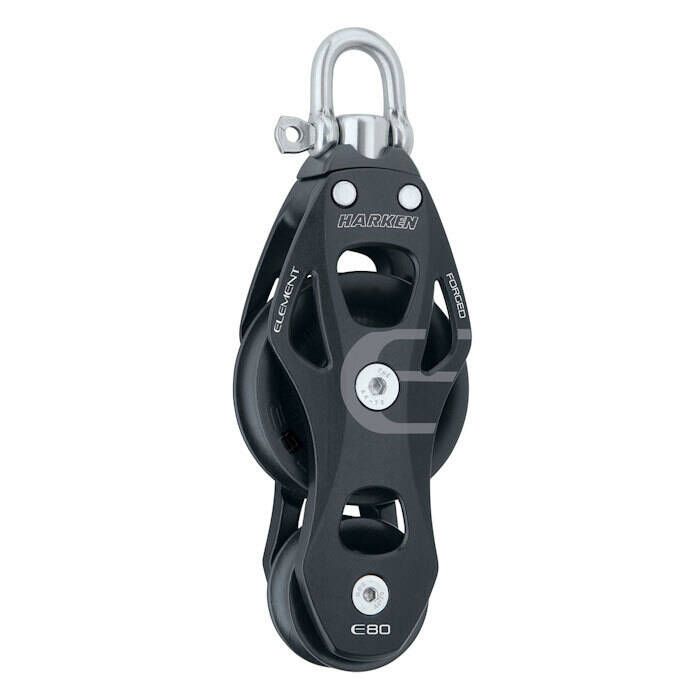
Harken - Poulie Violon en Aluminium Element avec Émerillon - 80 mm (3 1/8") - 6292
229,63 $ -

Harken - Poulie Bullet - 29 mm (1 1/8") - 166
47,78 $ -

Lewmar - Poulie Violon HTX - 60 mm (2 3/8")
197,68 $ - 347,53 $ -

Lewmar - Poulie de Pied HTX
108,58 $ - 656,68 $ -
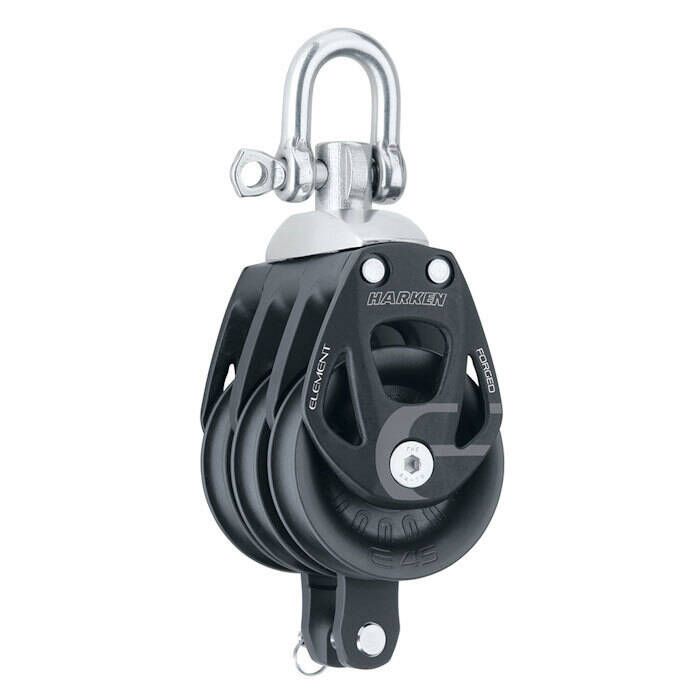
Harken - Poulie Élément en Aluminium - 60 mm (2 3/8") - 6273
266,35 $
About Poulies
Marine Blocks: Buyer’s Guide
Introduction
For avid sailors and boating enthusiasts, selecting the right marine blocks is crucial for a seamless and safe sailing experience. Marine blocks play an essential role in the efficient and effective operation of a boat's rigging system. This guide is designed to help you understand the nuances of marine blocks and make an informed decision when purchasing them.
Section 1: What Are Marine Blocks?
Marine blocks are pulleys used in the rigging of boats and ships. They facilitate the changing of direction and point of application of a force applied to a rope. In simpler terms, they are used to lift heavy loads, adjust sails, and aid in maneuvering the boat.
Types of Marine Blocks
- Single Blocks: Used for basic applications, these have one wheel and one sheave.
- Double Blocks: With two sheaves, they offer more mechanical advantage.
- Swivel Blocks: These can rotate to prevent rope twisting.
- Fiddle Blocks: Combine different sizes of sheaves in one block for versatile applications.
Section 2: Factors to Consider When Buying Marine Blocks
Material and Durability
Marine blocks are typically made from stainless steel or composite materials. The choice depends on the sailing conditions and the required strength-to-weight ratio.
Load Capacity and Size
Consider the maximum load the block will handle and ensure it matches your requirements. The size of the block should correspond with the thickness and strength of the ropes used.
Ease of Use and Maintenance
Look for blocks that are easy to install and maintain. Blocks with ball bearings offer smoother operation but may require more maintenance than plain bearing blocks.
Compatibility
Ensure the blocks are compatible with your boat’s rigging system and the type of sailing you do.
Section 3: Top Brands and Their Offerings
Harken Blocks
Known for high-quality, durable marine blocks. They offer a wide range of blocks for various sailing needs.
Lewmar Blocks
Offers a variety of blocks that balance performance and price, suitable for both casual and competitive sailors.
Ronstan Blocks
Famous for innovative designs, Ronstan’s blocks are popular among those looking for high-performance gear.
Section 4: Maintenance and Care for Marine Blocks
Regular maintenance includes cleaning, inspecting for wear and tear, and lubrication. Always follow the manufacturer’s guidelines for care and maintenance to ensure longevity and optimal performance.
Conclusion
Choosing the right marine block involves understanding your sailing needs, the types of blocks available, and the best brands in the market. With this guide, you are now equipped to make an informed decision that enhances your boating experience.
FAQs
Q: Can I use any block for any type of sailing?
A: No, it's important to choose a block based on the specific needs of your sailing activity.
Q: How often should I replace my marine blocks?
A: It depends on the usage and maintenance. Regular inspection will help you determine when a replacement is needed.


